Medical Courses are increasingly popular for their quality education and provide many career opportunities. India is the hub of the best medical colleges in the world. The country offers a range of courses from Bachelor’s to Postgraduate. The country-origin students and the foreigners do the medical course from India.
The field of medicine is considered the most honorable, patrician, and noble occupation. The medical field is a giant field that provides students with multiple options to choose from according to their interests and needs. India has more than 1000 medical colleges and choosing out of those to do Medical is a very massive job.
As mentioned in the above paragraph, there are so many big Universities available in India to do Medical Related Courses. The best medical courses provided in the medical Universities in India, are MBBS, BDS, BHMS, B. Pharmacy, Medical Technology, and BSc. Nursing, etc. Quality education is provided in the Universities at affordable tuition fees by medical professionals.
Now, talking about the medical field courses provided in the Universities at the undergraduate and postgraduate levels are mentioned below:
There are so many Undergraduate courses that are available for the candidates are mentioned below
There are certain medical courses that an individual can go for even if she/he has not given the NEET Exam. This fact, however, does not compromise the quality of education provided in these courses and in fact, some of these can fetch lucrative career opportunities. The most popular ones out of all such courses are mentioned below.
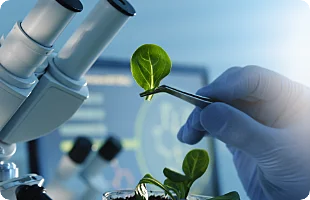
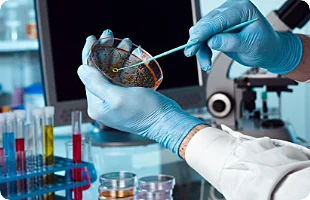
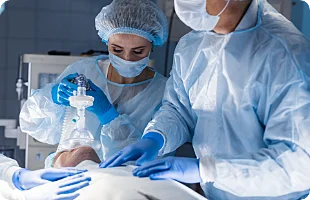
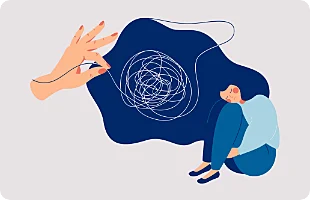
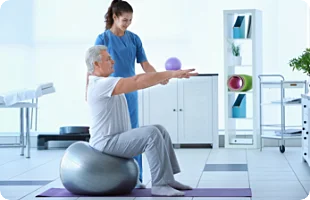

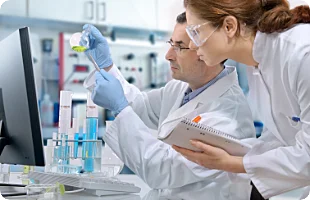
This is perhaps the endgame that medical candidates have in mind when they choose to pursue any medical course. It’s no less than a struggle to list down the plethora of careers that the medical field offers. Therefore, this list covers the most important ones from the most popular medical disciplines.

Physician
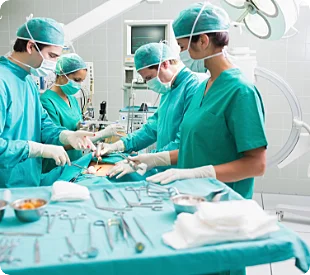
Surgeon

Hospital administrator

Counselor
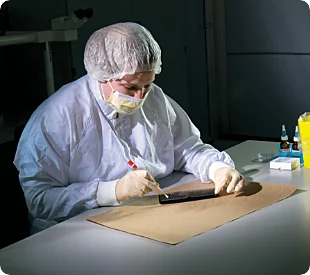
Forensic Scientist

Psychiatrist
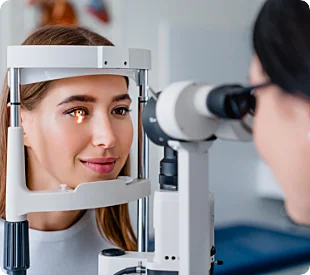
Ophthalmologist

Nurse

Pharmacist
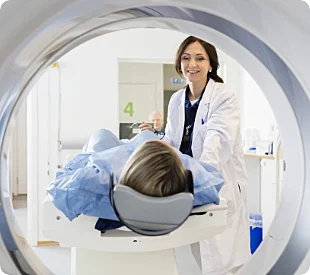
Radiologist

Gynaecologist
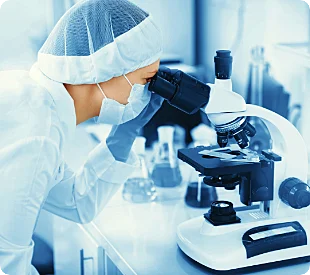
Medical Researcher

Medical Professor
These are the top medical colleges across various states in India that offer the best quality medical courses to students. Therefore, candidates need to have a basic idea of all the top Medical Universities in India.

Neither, the candidature nor the admission of the candidates is possible without knowing about the Eligibility Criteria for the various Medical Courses. It’s, therefore, important for candidates to properly know all the requirements to be eligible for admission to medical courses




Neither the candidature, nor the admission of the candidates is possible without knowing about the Eligibility Criteria for the various Medical Courses. It’s, therefore, important for candidates to properly know all the requirements to be eligible for admission to medical courses.




Q1. Is it possible to take up medical courses without giving the NEET Exam?
Q2. Can students pursue both MD and MS?
Q3. Do Indian medical universities train students to become effective communicators?
Q4. Can students from foreign/international boards apply for courses in India?
Q5. What is the Practical-Theory Balance in the Medical Colleges in India?
Q6. Is it possible to pursue any career in the field of Psychology after doing a Medical Course?